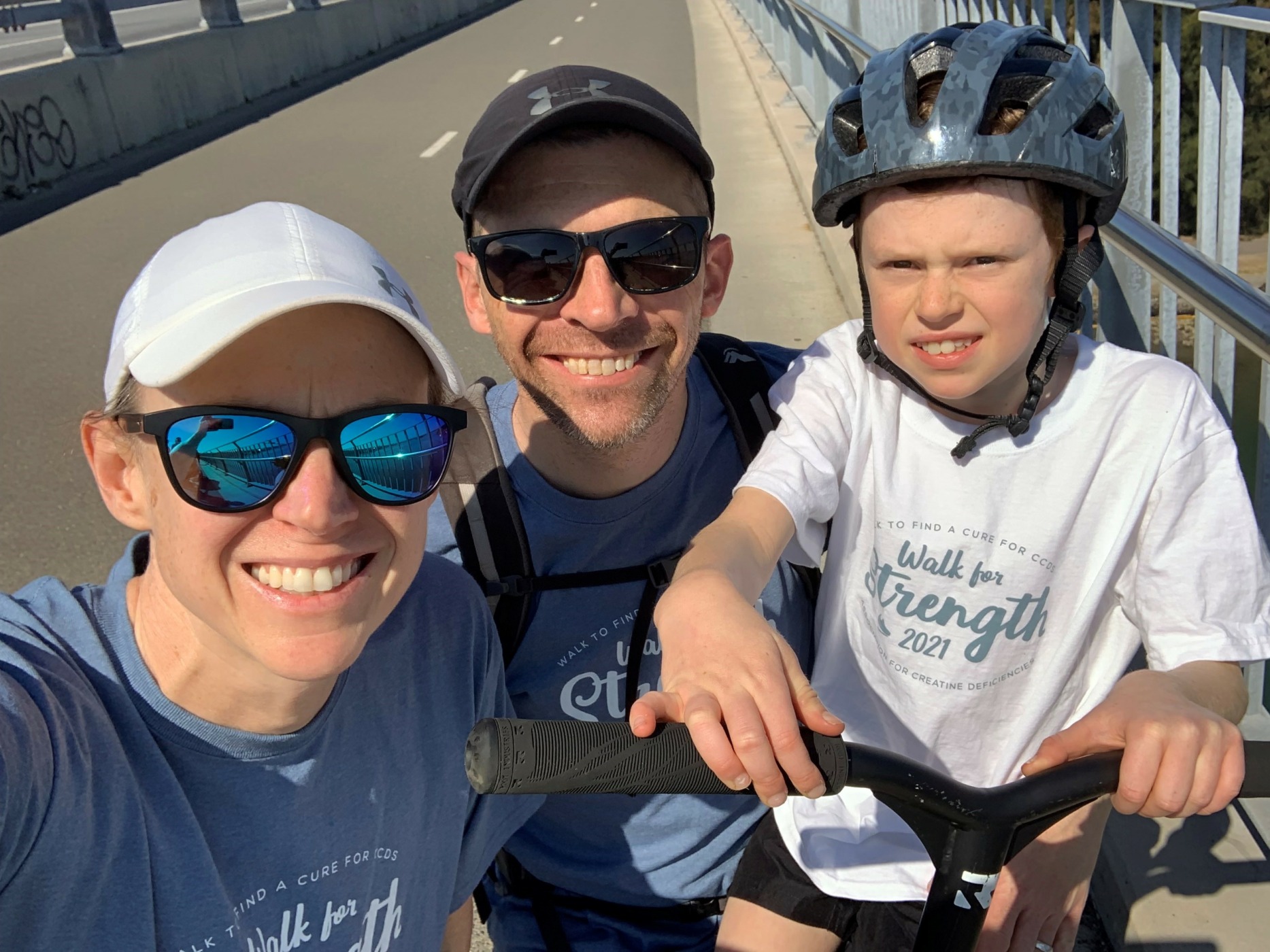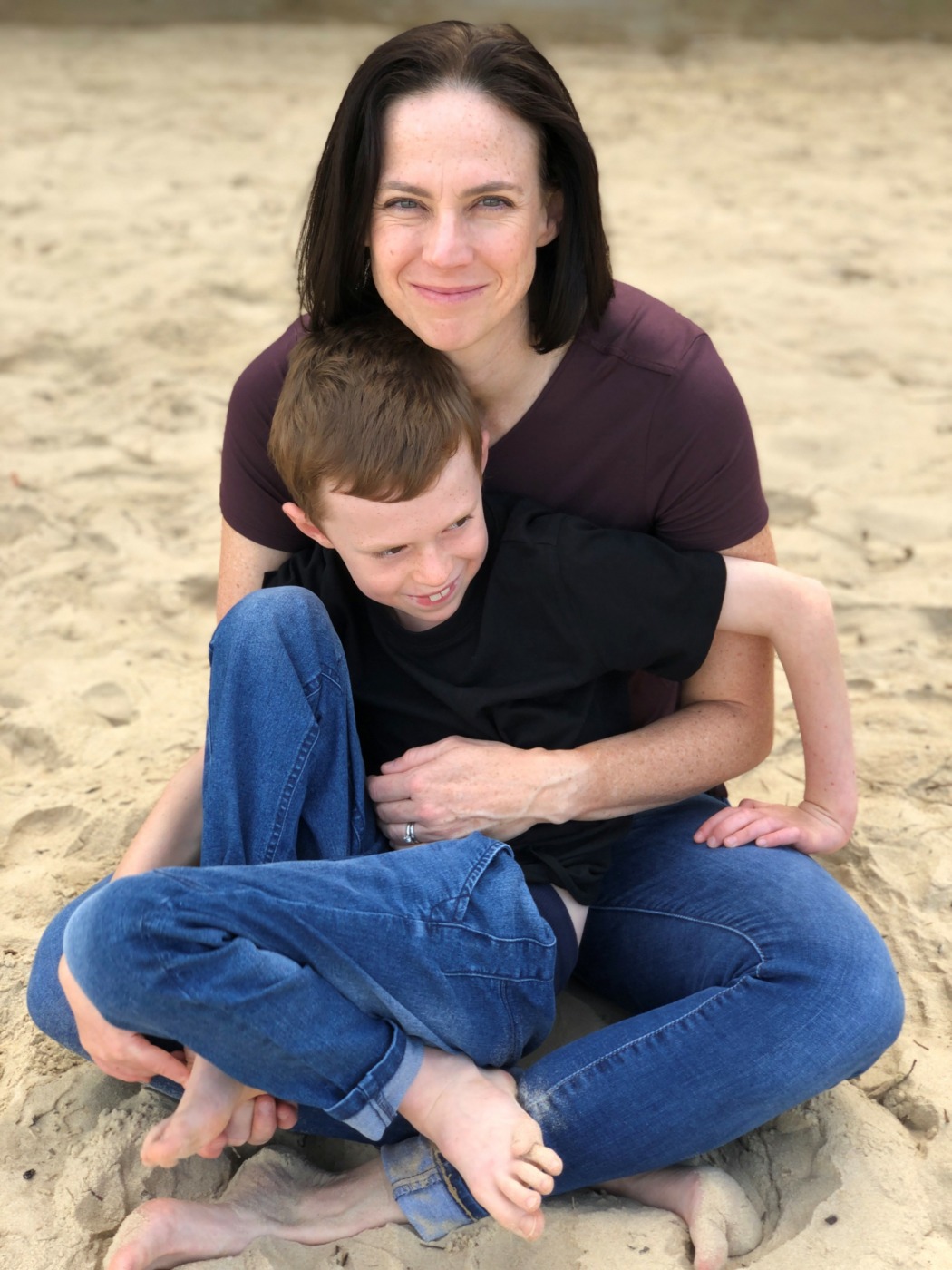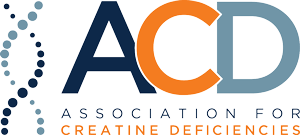
“A Diagnosis is a Chance at Hope” – Carlie
By way of background, I am new to the CCDS community. Our 8-year-old son was diagnosed with CTD on 1 April 2021. Yes, April Fools Day, almost appropriate given the various false starts we had on the diagnosis path.
Up until that day in April, plenty of letters had been thrown our way – GDD, SPD, ID, ASD. But for me nothing really explained what was happening to our little man. It is easy to look back with hindsight and see the times we were dismissed by doctors, despite the red flags. We were close several times to maybe heading down the right path, but a doctor didn’t want to see us as a patient (our urine sample was elevated but not out of the realm of normal) or I was told we should just wait and see how he develops (only to also be told the early years are the most important for intervention, sigh).
Several times I was told by medical professionals that I was unlikely to find out what was wrong, or they didn’t think it was worth investigating. One professional told me that since it wouldn’t change the treatment/therapy we were doing, why did I need to find out? What did it matter? At the time I could not articulate why it mattered to me, but I knew strongly that it did. So, more paying to see private doctors and waiting 6-12 months for various specialist appointments. I can only imagine how many parents simply can’t afford to go down that road even if they wanted to.
There were so many great presentations at the conference. The science is fascinating, insightful, baffling, confusing, and ultimately amazing. Much like my child…
I really appreciated that different people were coming at various issues from different angles. I agree that multiple avenues need to be explored including treatments that will enhance current quality of life. I also felt validated by the findings in Matt Skelton’s research on ADHD in mice that have the CTD deletion. We have chosen to use medication for our child to treat ADHD, which is always controversial. But it has been life changing and now I just feel like I have another piece of evidence.
If you didn’t get to attend the conference, I highly recommend that you watch the recordings. I appreciated that the presentations were much easier to digest than
Thank you so much to those who were willing to have their presentations recorded. We live in Australia and the time zone is very unfriendly to the rest of the world.
It has been from watching all the presentations at the conference that I can now articulate why a DIAGNOSIS MATTERS so much. A diagnosis allows you to connect to others who are going through what you are. Being a special needs parent can be very lonely. It is not possible to quantify how valuable that connection to a community who understands, is.
A diagnosis is a chance at hope. A diagnosis gives you a chance to be part of research that might ultimately change your child’s life, or the lives of future generations of children who would experience the challenges you now know first-hand.
And a diagnosis can be a call to action. Perhaps what I got most out of the conference as a parent was the call to action. What can we do to help? Complete the patient registry surveys and fundraise! I feel like I have a much deeper appreciation now of why the patient registry is important. Ultimately, we have asked researchers to care about our kids. We need to show them we care about obtaining their help!






Wonderfully written Carlie.